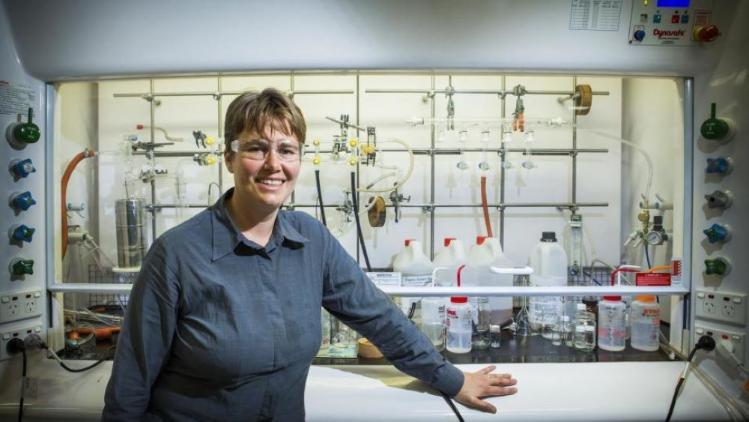Electrochemical and Electrostatic Catalysis of Chemical Reactions

Molecular Horizons Seminar - Professor Michelle Coote (Flinders University)
-
-
-
Wollongong
35.G45 or Zoom
Chemists appreciate that the rate of redox reactions can be manipulated by means of an electrical potential gradient. However, it was only recently we showed that an external electric field can also be used to catalyze non-redox reactions. So-called electrostatic catalysis arises because most chemical species have some degree of polarity and so can be stabilized by an appropriately aligned electric field. However, such effects are highly directional and implementing them in practical chemical systems is problematic. Scanning tunnelling microscopy can be used to deliver the field, orient the molecules in it and measure its impact on the single molecule reaction rate. However, this approach is not scalable for bulk chemical synthesis. We can use the internal electric fields of appropriately placed charged functional groups. In this way, the direction of the local field experienced by the reaction centre is fixed, and by associating the stabilization or destabilization with the protonation state of an acid or base group, it has the advantage of providing a convenient pH switch. Alternatively, one might envisage using electrodes to scale field effects but to date our efforts have resulted in electrochemical rather than electrostatically triggered reactions. Nonetheless these have value in their own right as a novel way to generate reactive intermediates in situ for reactions such as methylation. This talk will outline some of our recent progress in both electrochemical and electrostatic catalysis of organic reactions.